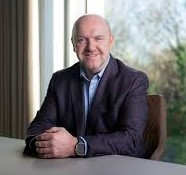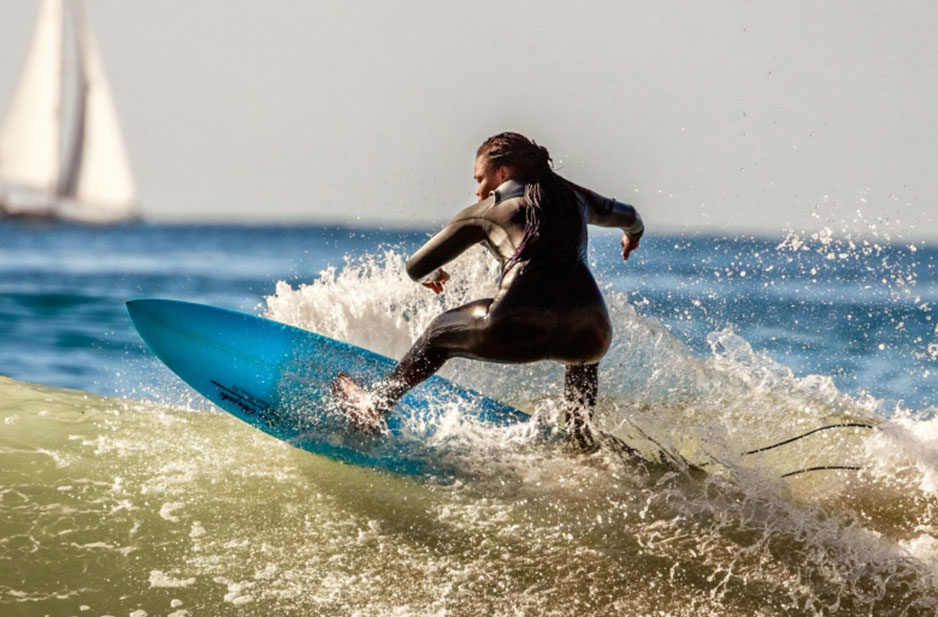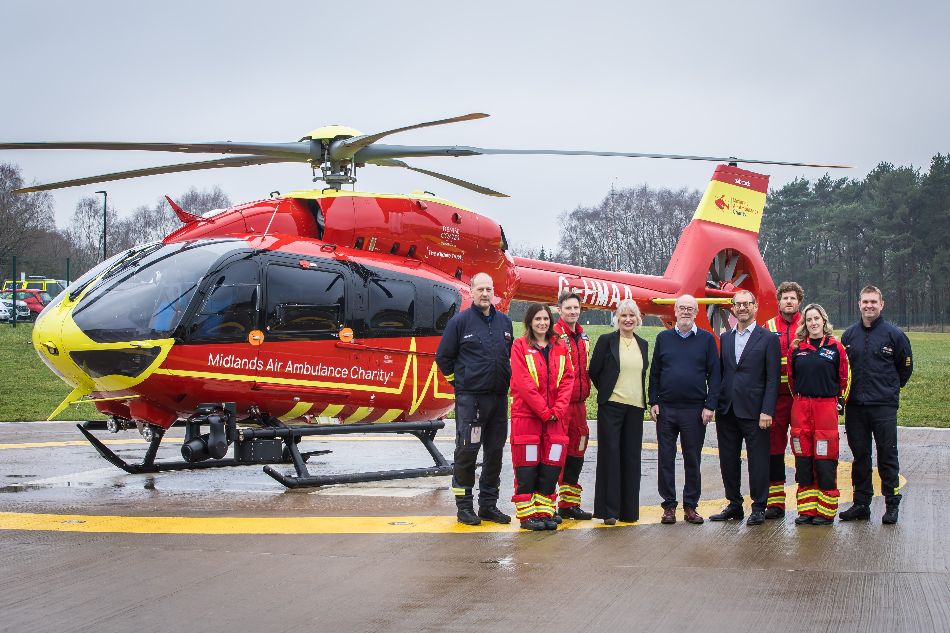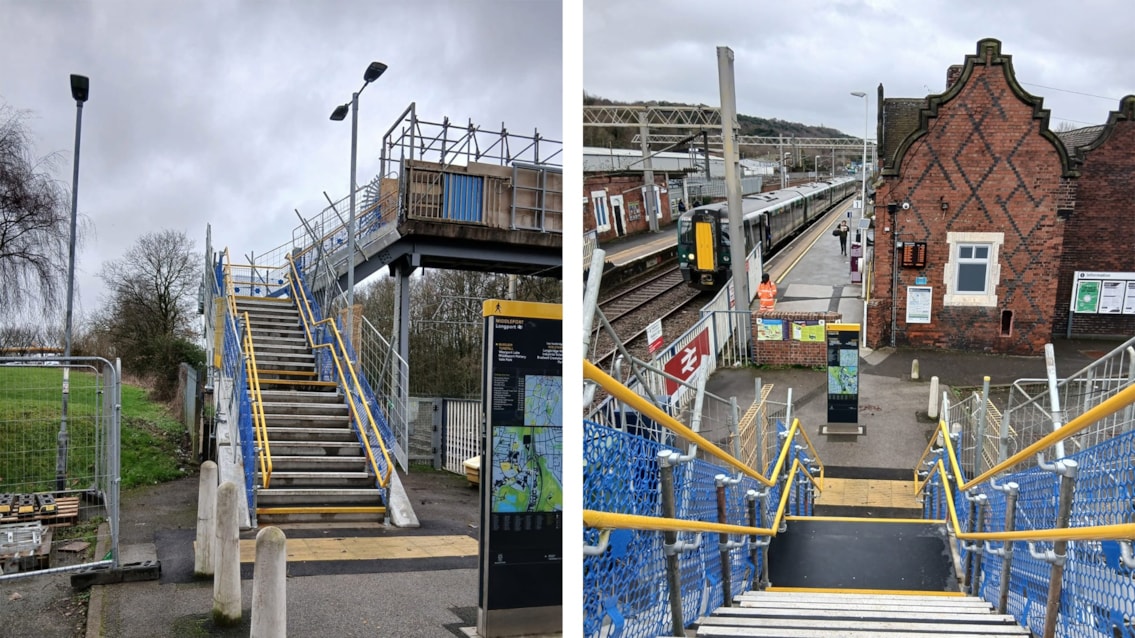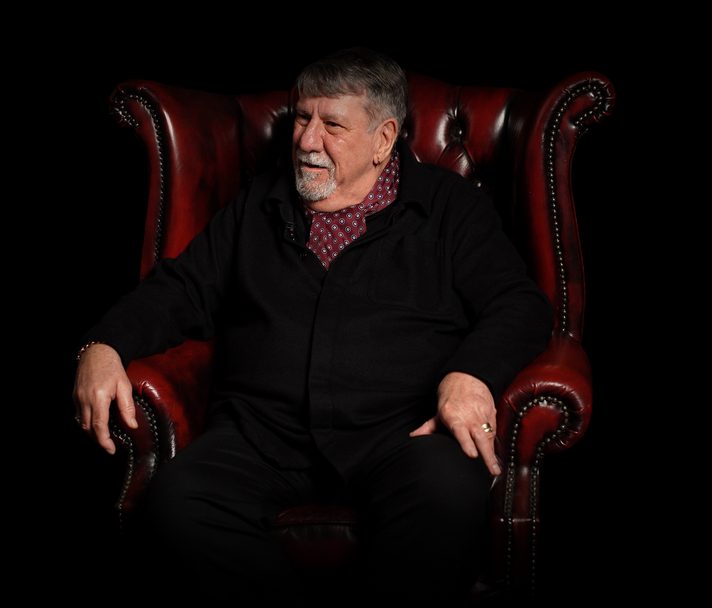Khadjou Sambe, Senegal's first female professional surfer, trains near her home in the district of Ngor - the westernmost point of the African continent.
"I would always see people surfing and I'd say to myself: 'But where are the girls who surf?'" says the 25-year-old. I thought: 'Why don't I go surfing, represent my country, represent Africa, represent Senegal, as a Black woman?'"
"I always think to myself, when I wake up in the morning: 'Khadjou, you've got something to do, you represent something everywhere in the world, you must go straight to the point, don't give up.'"
"Whatever people say, don't listen, go forward - so that everybody can get up and believe they can surf."
The surfer is now inspiring the next generation to defy cultural norms and take to the waves.
Sambe trains beginners at Black Girls Surf (BGS), a training school for girls and women who want to compete in professional surfing. She encourages her students to develop the physical and mental strength to ride waves and break the mould in a society which generally expects them to stay at home, cook, clean, and marry young.
"I always advise them not to listen to other people, to block their ears," Sambe says.
She is a proud Lebou - an ethnic group that traditionally lives by the sea.
Growing up in the coastal capital of Dakar, Sambe never saw a Black woman surfing the Atlantic swells. As a teenager, her parents refused to allow her to surf for two-and-a-half years, saying it brought shame on the family.
"My determination was strong enough to make them change their minds," she says.
Sambe started surfing when she was 14 years old.
She said: "The first time I tried surfing I wasn't scared at all, I was just so excited to get into the water.
"When you catch that first wave, you are so happy that you scream so that everyone can hear you - because you are content to have stood up and stayed standing. It was a bit tough at the beginning because I was the only girl surfing here, and people were a bit like: 'What is a girl doing here? This is a sport for boys.'
"Obviously that's not true, and other people really encouraged me and told me not to listen."
Residents of Ngor have become accustomed to seeing Sambe carrying her board through the narrow alleyways leading to the shore.
Sambe trains with her coach Rhonda Harper (below left), the founder of BGS.
Harper explains that Sambe arrived without a cent in her pocket, speaking no English and with a wild, free surf style that needed taming to conform to the structure of surf competitions.
"It's like trying to take a tornado and put a rope around it, wrangle that thing down, because she is such a dynamic surfer - it's hard," says Harper.
In recent months, she has used a house overlooking the ocean as a base whilst she trains.
"When I am in the water, I feel something extraordinary, something special in my heart," says Sambe.


